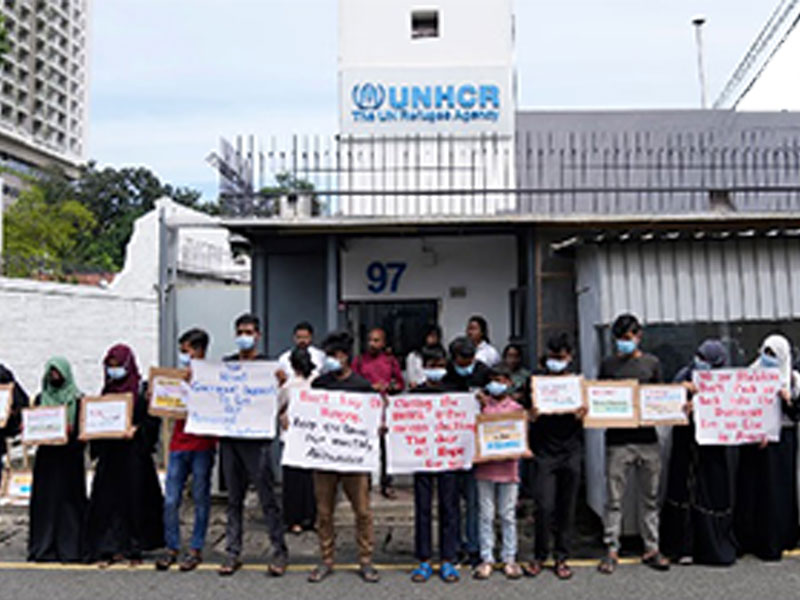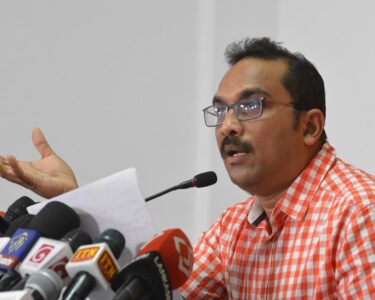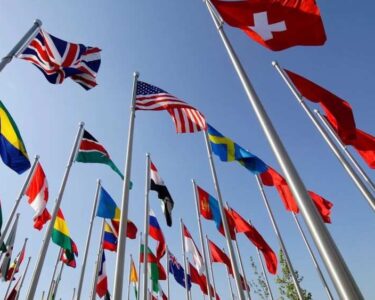In the face of the imminent closure of the UN High Commissioner for Refugees (UNHCR) office in Sri Lanka, concerns are growing over the fate of refugees and asylum seekers who may be left stateless or forced to return to perilous conditions. A recent protest outside the UNHRC headquarters highlighted the anxieties of these vulnerable populations, urging swift and decisive action.
Despite concerns raised in September 2023 with Mr. Marc-Andre Franche, the UN Resident Coordinator, and the Office of the High Commissioner for Human Rights, a clear resolution has yet to materialize. The lack of response has left refugees and asylum seekers in limbo, fearing homelessness, hunger, lack of education for children, and inadequate healthcare. The long-term threat of statelessness looms large if permanent resettlement options are not provided by host countries.
While the Sri Lankan government has allowed temporary stay and limited healthcare, advocates emphasize the need for expanded support. Calls for legal employment opportunities, comprehensive healthcare, free education for children, and basic housing and food provisions are gaining momentum. The plea is for Sri Lanka to play a more active role in alleviating the plight of refugees and contributing to the global humanitarian effort.
The recent incident involving the rescue of 104 individuals, initially identified by the navy as Myanmar nationals and later referred to as Rohingya refugees by UNHCR, adds urgency to the situation. Detained as “suspects” without clarity on legal grounds, their uncertain fate exacerbates the existing fears of refugees in Sri Lanka.
The impending closure of UNHCR operations in Sri Lanka intensifies the challenges faced by refugees and asylum seekers. Having fled persecution in their home countries, some have encountered displacement, eviction, and hostility during their stay in Sri Lanka. Financial struggles, exacerbated by restrictions on employment, impact their ability to meet essential needs such as education, food, housing, and medicine.
As of February 28, 2023, UNHCR reported 845 asylum seekers and refugees in Sri Lanka, excluding those awaiting processing in the Canadian private sponsorship program. With the denial of permanent resettlement for some refugees who have been in Sri Lanka for a decade, concerns about dignified living conditions have escalated, prompting a reevaluation of the support systems in place. The monthly allowance provided by UNHCR is deemed inadequate, especially considering the rising cost of living. As the UNHCR office prepares to close, the international community is urged to address these pressing issues and safeguard the well-being of those seeking refuge in Sri Lanka.







